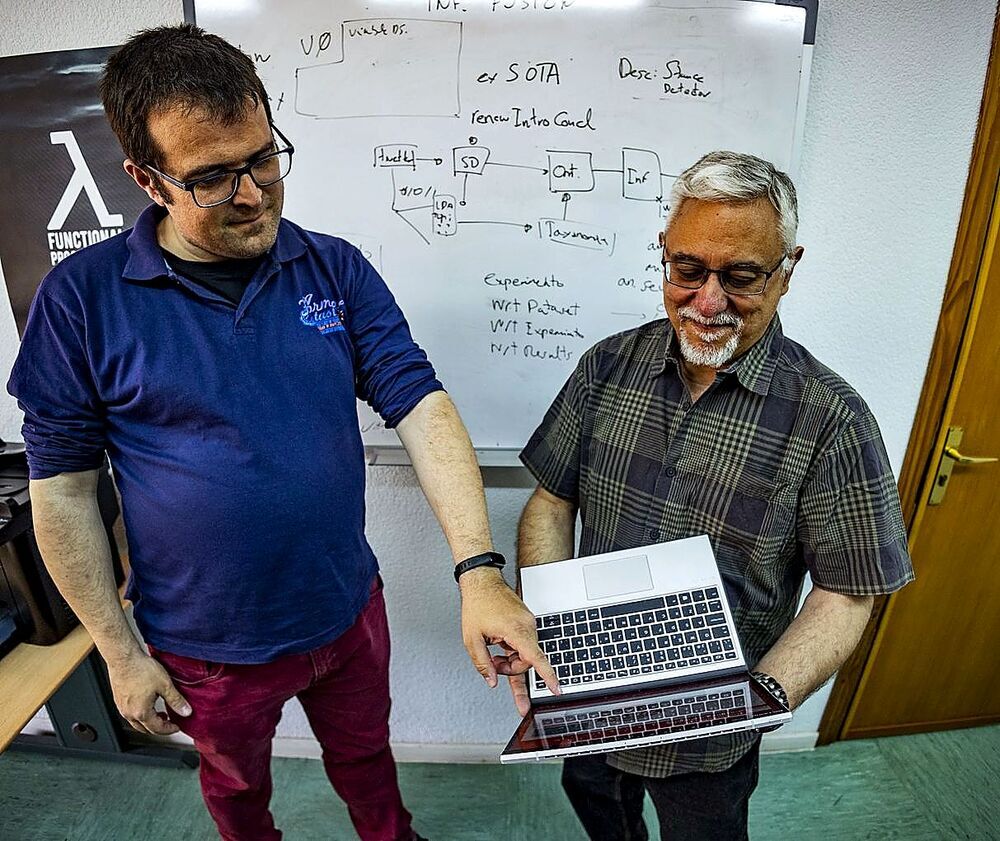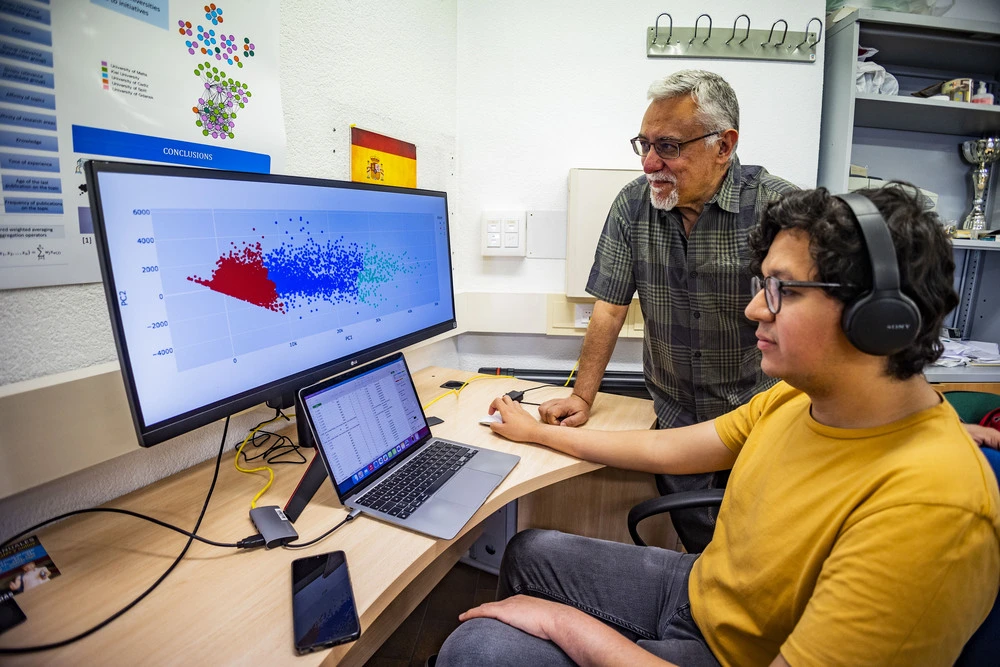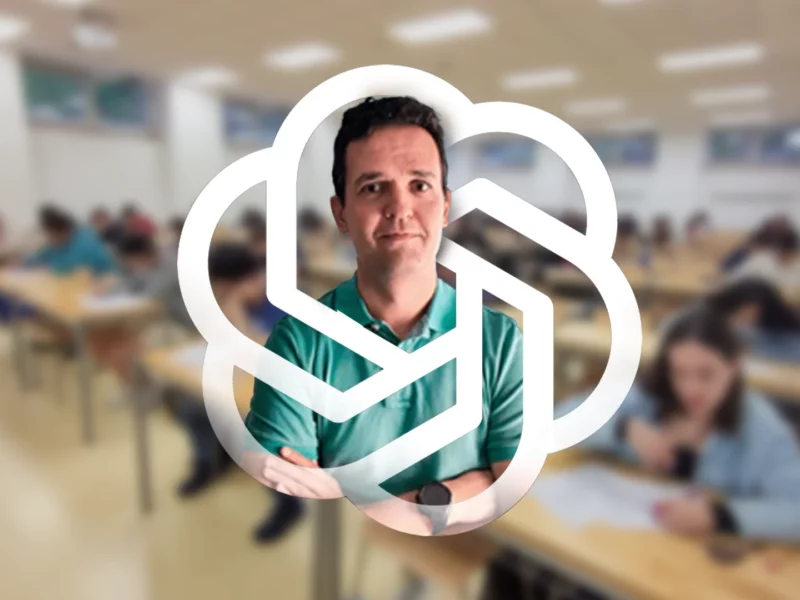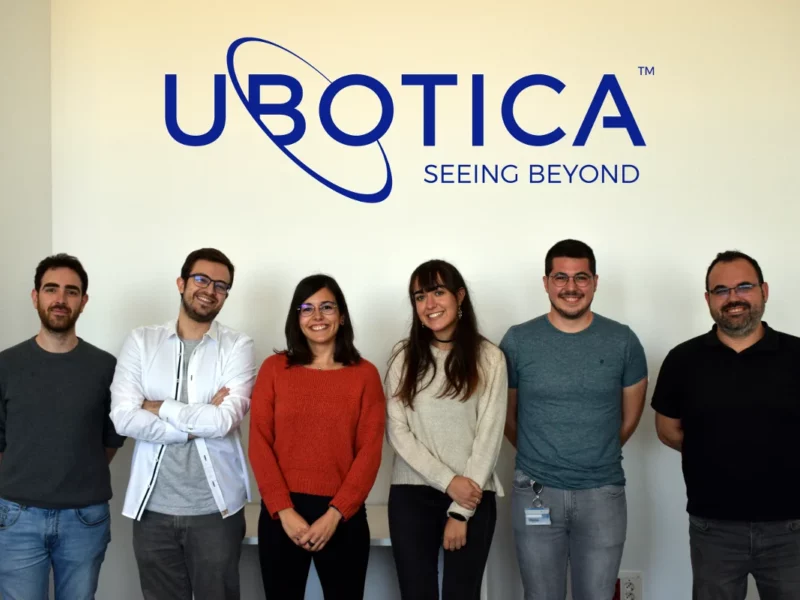AI and disinformation: the risk of false data
La Artificial Intelligence (AI) it is increasingly integrated into our daily lives, making extraordinary advances in various areas. Far from the dystopian vision we've seen in movies like Blade Runner, 2001: A Space Odyssey, and Terminator, the reality is that AI has the potential to benefit society in countless ways, although its development and application are not without challenges. .
One of the most prominent examples of the growing presence of AI is the recently released dialog software, Chat GPT, which uses advanced learning techniques to carry on a meaningful conversation, similar to how a human would. At the Ciudad Real Campus, a team of researchers has been working for years in the field of AI. Among them is Professor Jose Angel Olivas, who also studied with the creator of fuzzy logic, Lotfi Zadeh, a fundamental pillar in AI, and Professor Francisco Pascual Romero, both belong to the smile research group of the Higher School of Informatics in the University of Castilla-La Mancha.

Olivas recalls that artificial intelligence has been with us much longer than most might think. However, the increase in computing power in recent years has enabled the processing of models that were previously impossible to handle. This has facilitated the development of technologies such as ChatGPT, which require large amounts of data and high computational power to generate responses.
However, it is worth keeping in mind that the data used by the AI is not always perfect. ChatGPT, for example, is based on data collected from the internet, which may include misinformation or even false information. Thus, it is essential to be cautious and critical with the information provided by the AI, as should be done with any source of information.
Olivas insists that AI, by itself, does not present dangers, as long as the data it uses is handled correctly. Advances in AI and image generation can lead to the creation of false images or “deepfakes”, so it is necessary to adapt our protocols and be aware of these potential risks.
It's important to remember that technology is just a tool, and must always be complemented by human insight. As an example, Olivas recalls incidents that arose when drivers blindly trusted their GPS directions instead of using their own judgment.
Despite these challenges, AI is driving positive change in many fields, including education and the business world. In education, for example, AI makes it possible to reverse traditional roles, bringing homework to class instead of doing it at home. In business terms, Olivas suggests that companies may need to further specialize job roles to adapt to the changes brought about by AI.











